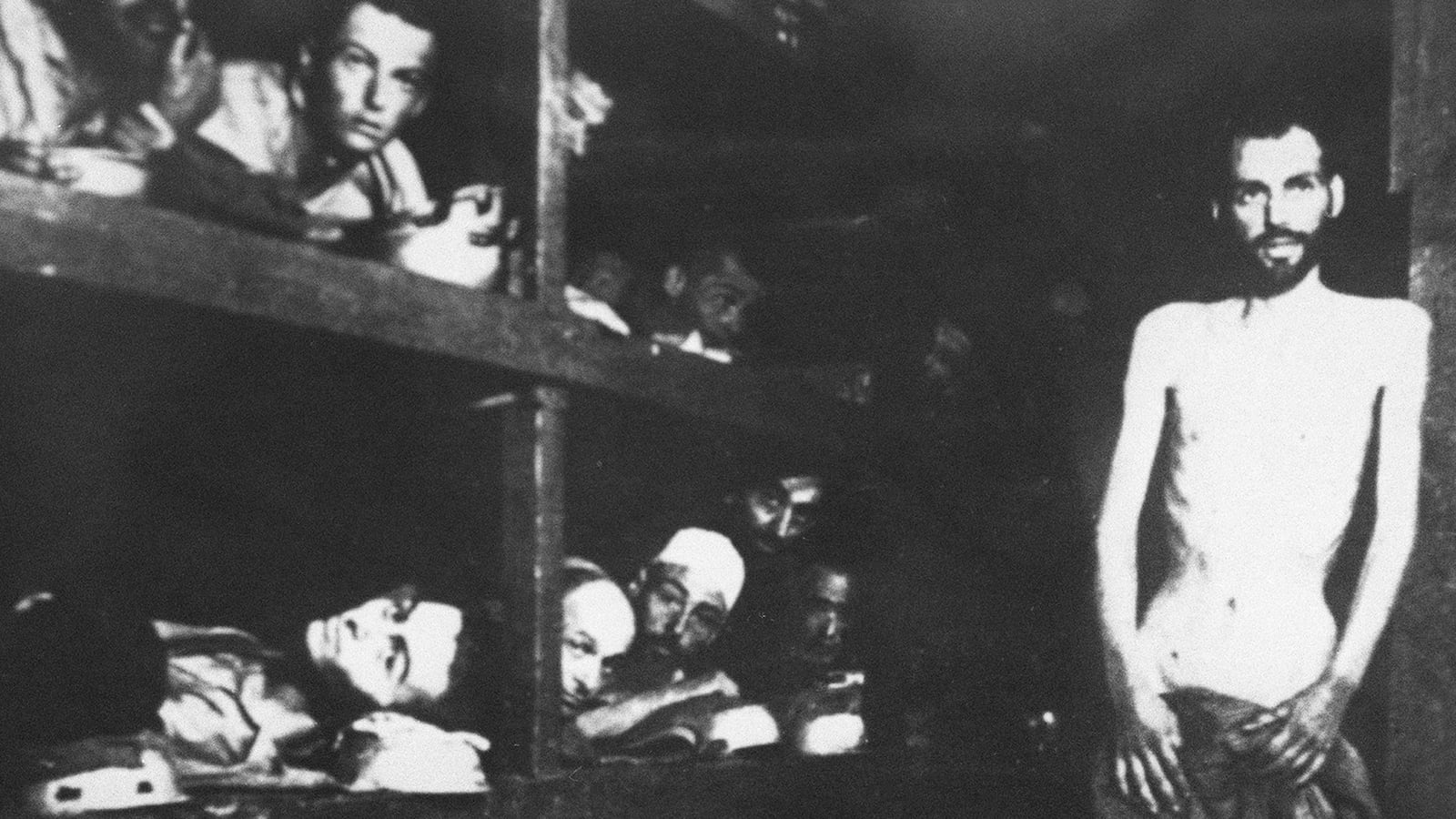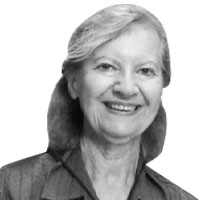As a child survivor of the Holocaust in Poland, there was only one time when I was with another child during the war. Later on, that little boy was killed in front of me. I remember this clearly even though I was young, but when every day is the difference between life and death, you remember. Sadly, though, it is becoming clear that future generations may one day call these stories into question; they may not believe the horrors that Holocaust survivors endured and the atrocities we witnessed and have relived while telling our stories for the past 75 years. We must not let this happen.
The idea that someone is less than a person and somehow undeserving of humanity because of religion, origin of birth, or family lineage is the bigotry and hatred that fueled the Holocaust. Teaching the lessons of the Holocaust to young people helps to ward off the impact of hate speech, discrimination, and racism. Unfortunately, we have not prioritized this in the U.S.
A first-ever state-by-state study of Holocaust knowledge among millennials and Gen Z by the Conference on Jewish Material Claims Against Germany (Claims Conference) revealed what we have known for some time: that younger generations, removed from the memories of World War II, lack critical knowledge of the Holocaust. The study brings to light some especially shocking revelations: many twentysomethings and thirtysomethings in the U.S. think that the hateful views of neo-Nazism represent just an expression of free speech, and they also erroneously believe that the Jews caused the Holocaust. We must educate our younger generations on the atrocities of the Holocaust, or the growing ignorance will continue to fuel a rise in anti-Semitism and neo-Nazism across the United States—a danger not only to Jewish people, but society as a whole.
The assumption is that the study of World War II is a basic staple of any high school social studies class. Unfortunately, this is not the case. Examination of the fascism that led to the rise of the Nazi party in Germany, and ultimately World War II and the genocide of six million Jews, is not standard curriculum across the United States. The result?
In an open-ended question asking respondents who they thought caused the Holocaust, an astounding 19 percent of respondents in New York State felt that the Jews caused the Holocaust. Meanwhile, 16 percent of respondents in Louisiana, Tennessee, and Montana felt the same, while 15 percent of respondents in Arizona, Connecticut, Georgia, Nevada, and New Mexico also blamed the Jews for their own genocide.
As we see the understanding of basic historical facts wane from our collective knowledge, we are also seeing the rise of antisemitism, the resurgence of hate crimes and racism, and a new generation of neo-Nazis. This is not a coincidence.
The overall lack of effective Holocaust education also leaves vulnerable our younger populations to the propaganda of hate speech, Holocaust denial, and distortion—and the survey shows that they know it. Also, very worrying to me and all of my survivor friends is the continuing Holocaust denial on social media, such as Facebook, which will not take down Holocaust denial on the platform. This study revealed that approximately half of U.S. millennials and Gen Z have seen Holocaust denial or distortion posts on social media or elsewhere online and 64 percent of respondents felt that there is anti-Semitism in the U.S. today. Also troubling: 15 percent of respondents nationwide believe it is acceptable for an individual to hold neo-Nazi views. In many countries throughout Europe, neo-Nazi views, symbols, and expressions are outlawed as hate speech. But again, in the United States we have not prioritized these matters.
Fifty-nine percent of respondents in the state-by-state study believed that something like the Holocaust could happen again. Sadly, if we do not educate our younger generations about the Holocaust, we will continue to see this kind of racist hatred on our streets and in our communities. Let’s make sure that 59 percent will never be right.
Stefanie Seltzer is the founder and president of the World Federation of Jewish Child Survivors of the Holocaust and Descendants and Claims Conference board member



